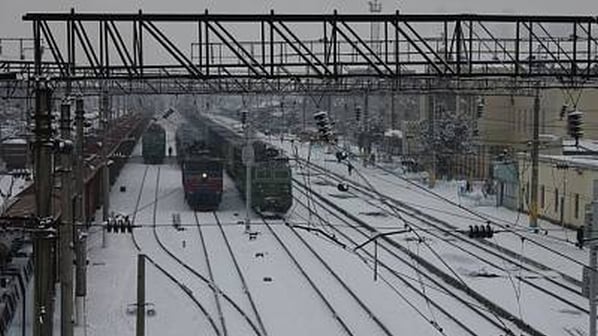This included only using 35,000 tonnes of diesel in 2019, 16,800 tonnes less than in 2018, resulting in a Tenge 3.5bn saving.
Electricity and fuel comprise the biggest cost for KTZ Freight’s locomotive fleet. “In the current situation, when energy prices are high, saving them will be a priority for us,” says KTZ Freight general director, Mr Kairat Sauirbayev.
KTZ Freight uses an automated “energy dispatch traction" (ACS EDT) system to calculate fuel and energy costs. Locomotives are equipped with high-precision control and measuring devices, with instrument readings transmitted to a central server via general packet radio services (GPRS).
Employees can monitor the fuel consumption of the locomotive online, including real-time data and parameters. The system prevents excessive fuel usage, and also allows KTZ Freight to accurately track fuel distribution.
KTZ Freight saved Tenge 2.5bn on fuel storage costs in 2019, and paid Tenge 113m in bonuses to locomotive crews that achieved fuel savings.
The operator is planning to reduce fuel and energy consumption by a further 1% in 2020.

